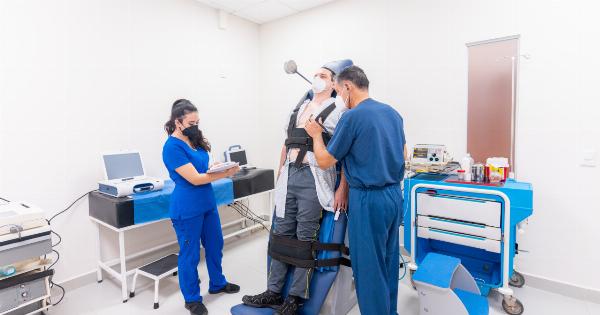A present-day corporation is a complex entity, propelled by technological advancements and shifting market dynamics.
With the advent of digital transformation, corporations have undergone significant changes in their structure, operations, and management practices. In this article, we will delve into the inner workings of a modern corporation, exploring its key components, organizational structure, decision-making processes, and the role of technology in driving its success.
Corporate Structure
The structure of a present-day corporation is designed to support its goals, facilitate efficient operations, and optimize decision-making.
Typically, corporations have a hierarchical organizational structure, with multiple levels of management and departments. This structure ensures effective communication, accountability, and coordination among different parts of the organization.
Departments and Functions
A corporation consists of various departments, each responsible for specific functions. These departments may include finance, marketing, human resources, operations, sales, and research and development.
Each department plays a crucial role in achieving the corporation’s overall objectives. For instance, the finance department manages the company’s financial resources, while the marketing department devises strategies to promote products or services.
Decision-Making Processes
In a modern corporation, decision-making processes are often decentralized, with decision-making authority distributed across different levels of management.
This decentralized approach allows for faster decision-making, as middle and lower-level managers are empowered to make decisions within their areas of responsibility. However, major strategic decisions may be made by top-level executives or the board of directors.
Role of Technology
Technology is a driving force behind the success of present-day corporations. It has transformed the way businesses operate, enabling greater efficiency, productivity, and innovation.
From automated manufacturing processes to data analytics and artificial intelligence, technology has revolutionized various aspects of corporate operations. It has also facilitated the adoption of remote work and virtual collaborations, allowing corporations to operate on a global scale.
Corporate Culture
The corporate culture represents the values, beliefs, and behaviors that define the organization. It plays a significant role in shaping employee attitudes, performance, and overall organizational success.
A positive corporate culture fosters collaboration, creativity, and employee engagement. Corporations often prioritize cultivating a culture that aligns with their mission and values to attract and retain top talent.
Employee Roles and Responsibilities
Within a corporation, employees have specific roles and responsibilities based on their job functions.
For instance, managers are responsible for overseeing teams, ensuring work is on track, and making decisions that align with the corporation’s objectives. On the other hand, individual contributors focus on executing tasks and contributing to the team’s goals. Clear job descriptions and performance expectations help maintain operational efficiency.
Performance Measurement and Rewards
Present-day corporations rely on performance measurement systems to assess employee performance and provide feedback. Key performance indicators (KPIs) are used to evaluate individuals, departments, and the overall organization.
Based on these evaluations, corporations reward high-performing individuals and teams to incentivize continued success and drive performance improvement.
Corporate Governance
Corporate governance refers to the mechanisms, processes, and controls that ensure the corporation operates in compliance with laws, regulations, and ethical standards.
It encompasses the roles and responsibilities of the board of directors, shareholders, and executive management. Effective corporate governance enhances transparency, accountability, and long-term sustainability.
Corporate Social Responsibility
In today’s corporate landscape, social responsibility has gained significant importance. Present-day corporations are expected to contribute positively to society, the environment, and the communities in which they operate.
Corporate social responsibility initiatives encompass a wide range of activities, such as philanthropy, environmental sustainability, ethical sourcing, and employee volunteerism.
Conclusion
Inside a present-day corporation, one can witness a complex ecosystem driven by technological advancements, organizational structures, and vibrant corporate cultures.
The interconnectedness of departments, the decision-making processes, and the role of technology are instrumental in the success of modern corporations. As corporations continue to evolve in response to market forces, societal expectations, and technological innovations, adapting and embracing change will be essential for sustained growth and competitiveness.































